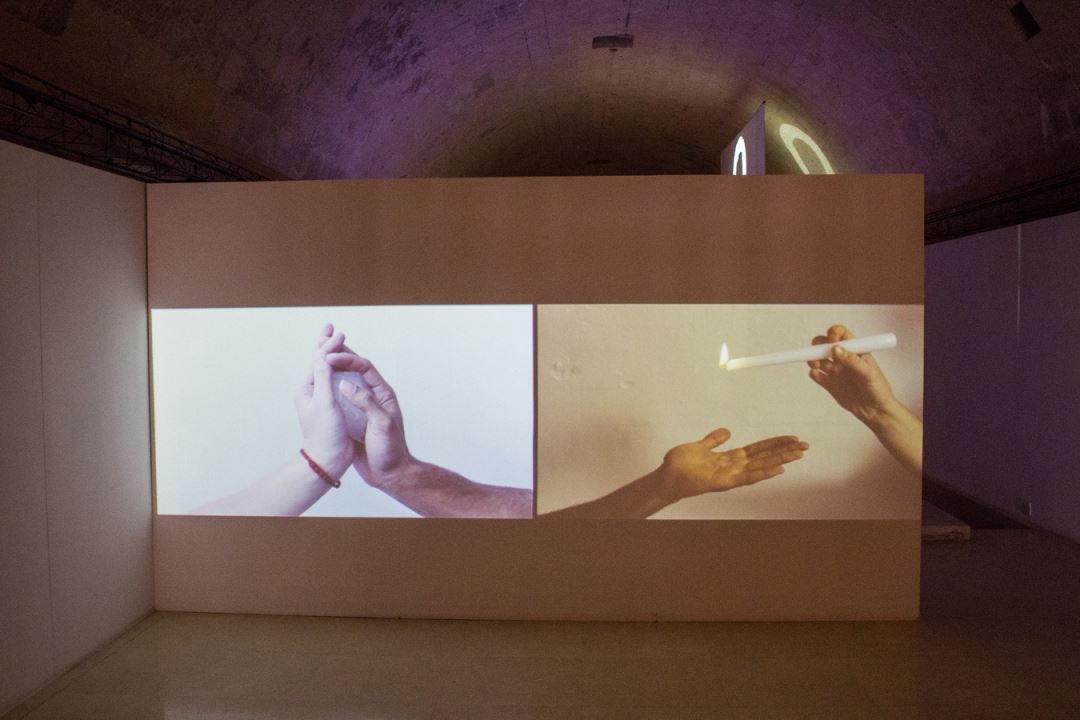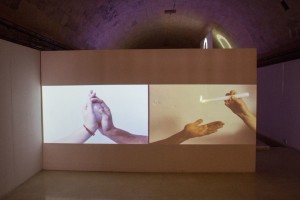|
Date(s) |
Loading Map....
|
|
DRHA (Digital Research in the Humanities and Arts) represents a key gathering bringing together the creators, users, distributors, and custodians of digital research and resources in the arts, design and humanities to explore the capturing, archiving and communication of complex and creative research processes. DRHA is rapidly expanding in the contemporary global context of arts, sciences, education, communication- and information- economies and the creative industries. DRHA provides a forum for debate across these areas focusing on the interchange between disciplines concerning the use of new technologies relating to knowledge, communication and creative practice in the context of rapidly expanding technological infiltration throughout all areas of life. Over recent years, DRHA has broadened its field of enquiry from the humanities to include many distinctive disciplines in the arts, welcoming colleagues from academia, creative industries and the worlds of performance and fine art. At the same time, DRHA has strived for the provision of intellectual and physical space for cross-disciplinary discussion and ideas generation.
Among others, on September 11, DRHA 2018 is hosting the panel “Digital Dance Archives – What is at stake?” led by Prof. Sarah Whatley, from the Coventry University’s Centre for Dance Research (C-DaRE). The panel is meant to explore how digital technologies could document and archive dance, partly to prevent its disappearance and partly to explore ways of sharing the making process that is fundamental to the art form but which is rarely available in the public domain. If digital processes are attempting to reveal more about the collaborative, relational and embodied knowledge in dance, how might artists and researchers work together to understand more about the transaction between artist and ‘user’; what are artists ‘giving away’ or what is it that the artist gains? What should not be shared? The panel will explore these questions with a focus on two projects: (1) Siobhan Davies RePlay and what has been a cyclical process over the last decade in its journey from live dance to the digital archive, to back into the dancing body, to a reconstructed digital archive; (2) the EU-funded WhoLoDancE project, focussing on the content of the Movement Library that has been produced and its value to the four genres of ballet, contemporary, Flamenco and Greek Folk dance that it has been working with. Finally, the panel will deal with what role copyright might have to play both in supporting the work of the artist in her relationship with the user and the digital archive and in the context of accessibility and re-usability of digital renditions of traditional dances. Can the law facilitate ordered and fair transactions between the parties while adding value in and to the dance community? This journey reveals more about the purpose, function and affordance of the ‘digital dance archive’ more generally and its intervention in the way meaning is made in dance, and what new information it provides about transmission in dance. The conference is taking place at the St James Cavalier Centre for Creativity of Valletta, Malta, on 9-12 September 2018. For more info, visit www.drha2018.org and www.drha.uk |
 |

